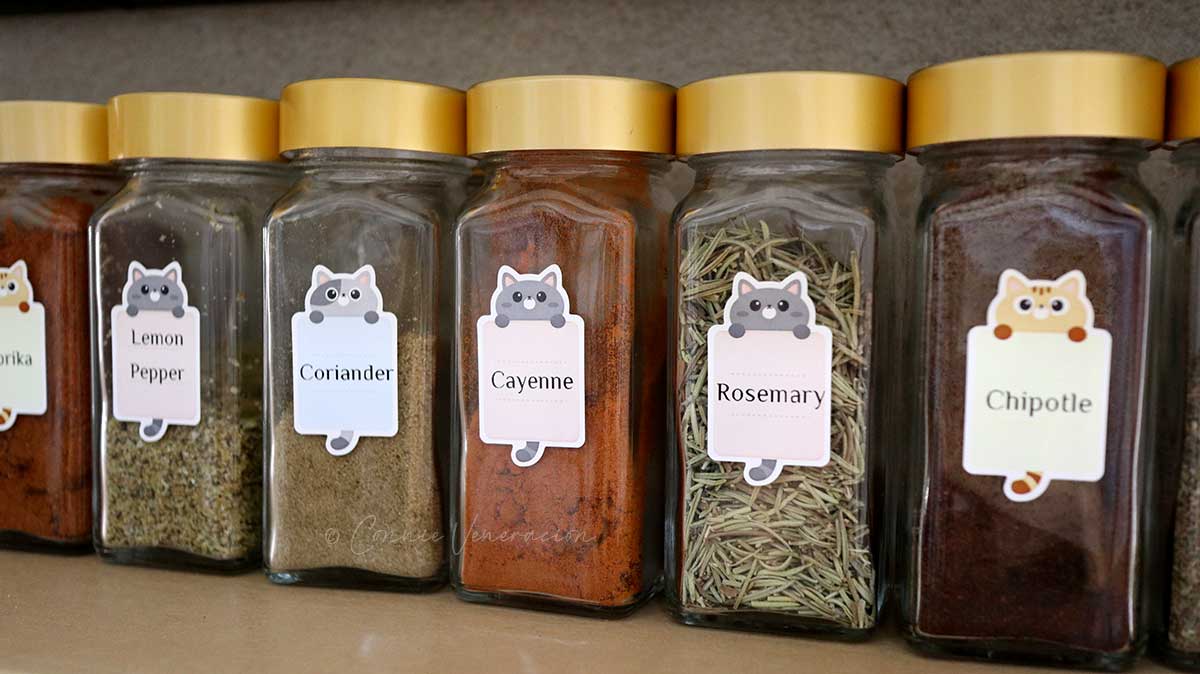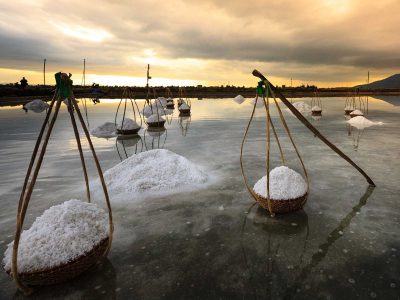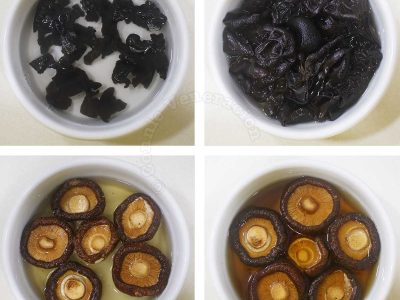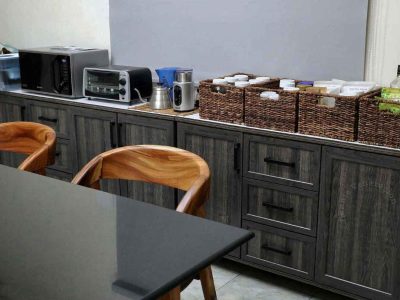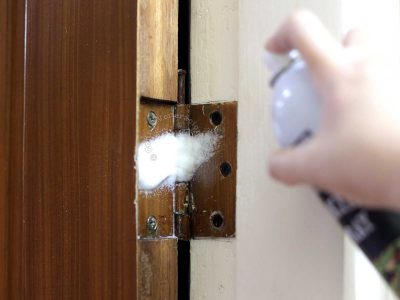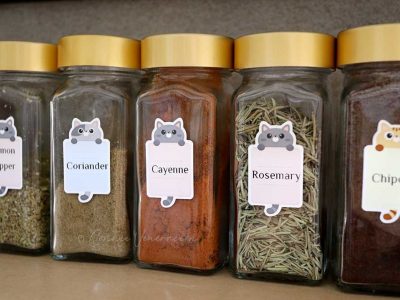For cooks who know the value of herbs and spices, it’s a must to keep them in stock to create endless varieties of flavors and aromas in cooked dishes.
I’m one of those cooks. I rarely buy dried herbs and spices in jars. Personally, I like refills. They’re more economical because I don’t have to pay for the jars which just jack up the prices. I buy dried herbs and spices in packets and store them in reusable glass jars. My favorite jars with caps lined with plastic which really seals in the flavor and aroma, and keeps the moisture out.
If you’re planning on stocking on dried herbs and spices (so advisable these days when you never know which sections of the grocery will turn out empty on your next visit), here are a few tips.
What dried herbs and spices should a good pantry have in stock?
That depends on what you cook most of the time. A pantry in an Indian kitchen will have more spices than a pantry in a Filipino kitchen. There are, of couse, universal favorites like peppercorns.
A good plan would be to make a list of dried herbs and spices that you use most often, and keep those in stock. Over time, you will be able to determine what else are worth keeping a regular stock of.
Clear versus opaque spice jars
Granted that opaque jars keep light out (more on that later), I still prefer clear jars because I can see immediately what’s inside. Of course, labeling the jars help tremedously. But if you don’t, then, the more reason to use clear jars. When you’re cooking and pulling out jar after jar to season the food in the pot, do you really want to bother opening every jar to take a peek at what’s inside?
Clear glass or plastic jars are great if kept in a cool and dark storage space like a cabinet. If, however, you usually leave the jars on the counter, then yes, it would be smarter to get opaque containers.
Direct sunlight and heat are enemies of dried herbs and spices
You might think that heat will dry herbs and spices even more and prolong shelf life but that’s not really the case. Sunlight and heat will hasten loss of flavor and potency. Can you imagine adding star anise to your Korean-style beef stew only to realize that the cooked dish has no flavor of star anise at all?
So, keep your containers of dried herbs and spices away from any shelf that gets exposed to sunlight. Keep them away from the stove too. We keep out spice and herb jars inside a cabinet underneath the kitchen island. We takeout whatever jar weneed only when weneed it, we take the amount required in the recipe then put the jar back where it belongs.
Moisture is the enemy of dried herbs and spices
Ever wondered why dried leafy herbs like parsley and basil sometimes form clumps? That’s mold. And you definitely do not want mold to get in your food.
So, yes, airtight lids are important when choosing containers to store dried herbs and spices to prevent moisture from contaminating your stash.
But tight lids are not enough to keep the moisture out. When you take a measured amount of dried spice or herb, make sure that you’re using a clean and dry measuring spoon. Using something wet or worse, greasy, will make those airtight lids useless in keeping moisture away from the dried herbs and spices.
Buying in bulk is more economical, but…
It’s true anywhere and with almost everything. Buy in bulk and you get a lower price, gram for gram. But is buying dried herbs and spices in bulk advisable?
What constitutes “bulk” is relative. It all depends on how fast you consume dried herbs and spices for your home cooking. Here are some things I’ve learned:
- Dried leafy herbs don’t last as long as dried spices.
- Whole spices have more flavor in themthan their ground (powdered) counterparts. Whole spices retain their flavors longer too.
In short, buy dried herbs in amounts that you can consume within a few weeks.
While ground spices are more convenient to use, remember that they won’t be as flavorful in a month as whole spices. There are spice grinders that you can buy and you can just grind whole spices. You can even use your trusty mortar and pestle.
Consume your stash of dried herbs and spices before replenishing
It is often the case that when we’re almost out of one kind of dried herb or spice, we run to grocery to replenish. That’s smart. Why wait until your supply is down to zero before replenishing, right?
What’s not smart is dumping the contents of the newly-bought packets into the jars with the old stash and getting them mixed together. That can result in less than optimum flavors in the cooked dish because some pieces of spices are more potent than others. So, finish off the old stock before refilling your spice and herb jars.

